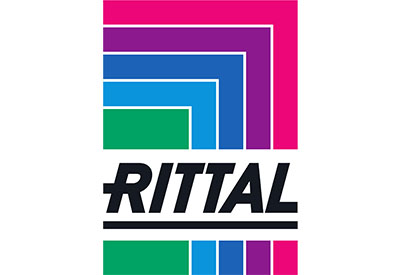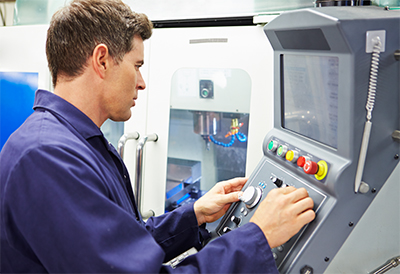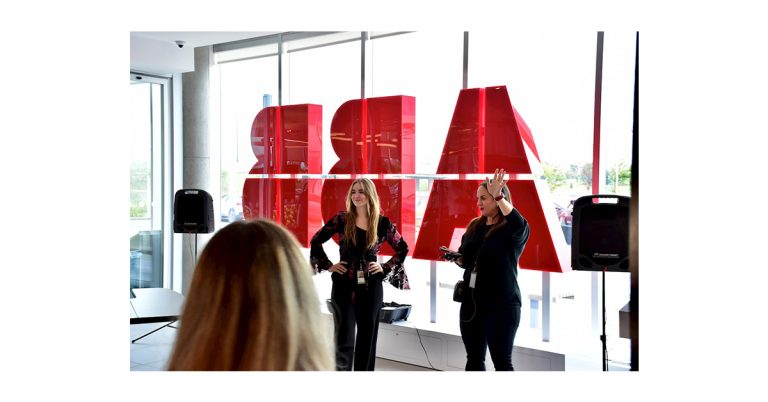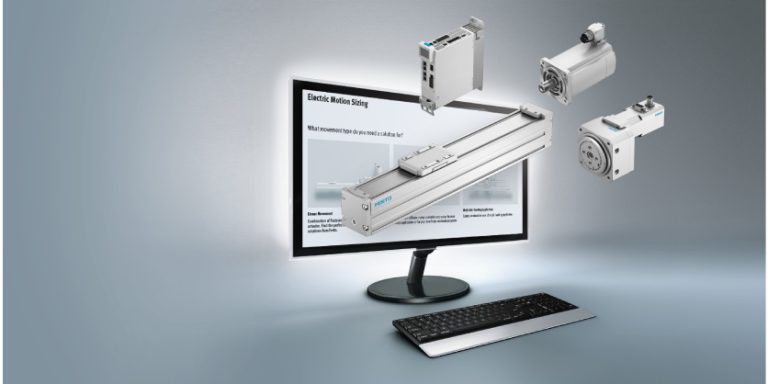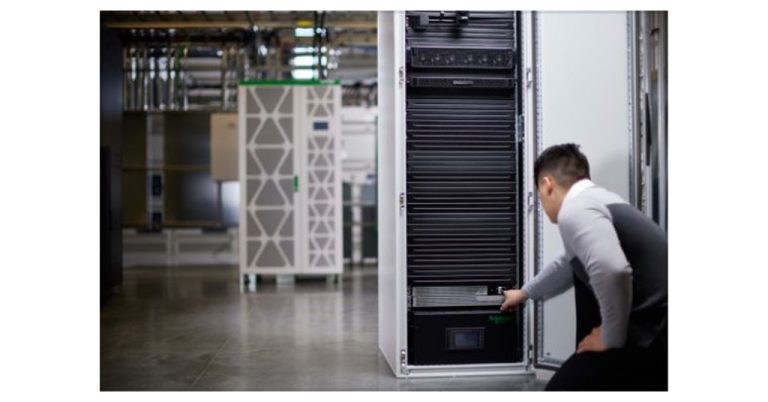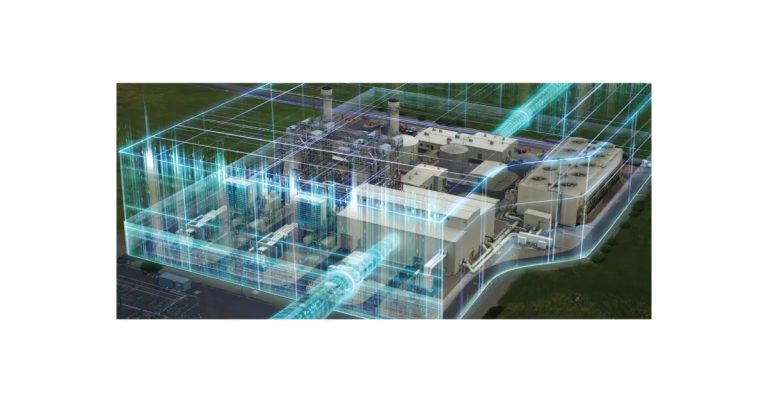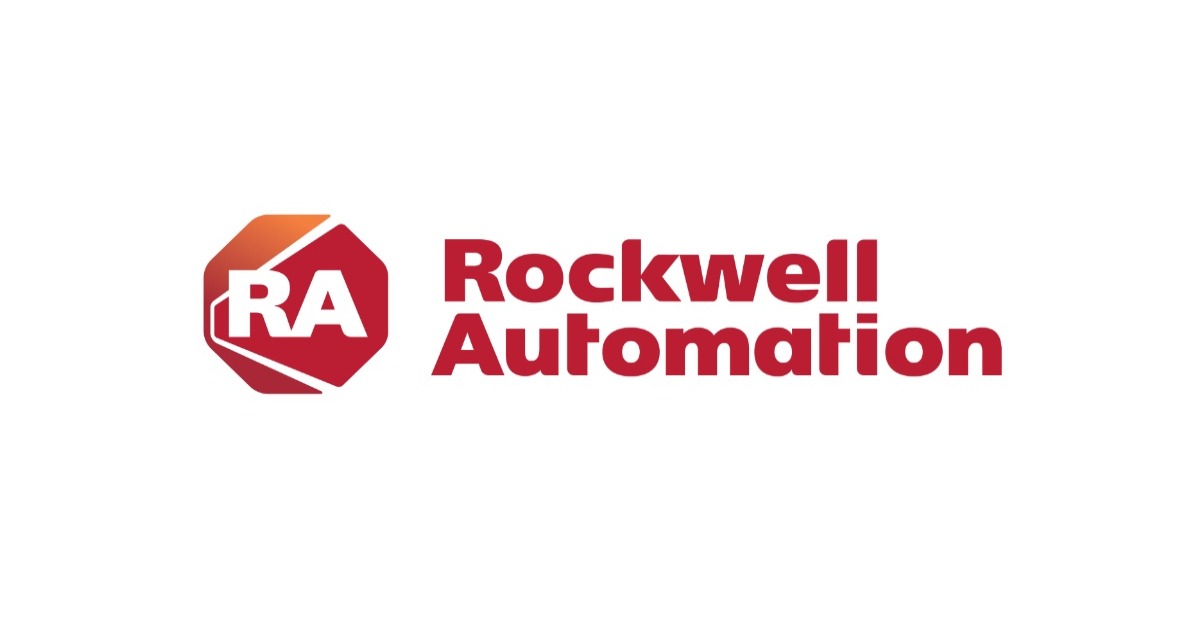Utility Safety: Supplying Headlamps as Critical PPE in Hazardous Environments
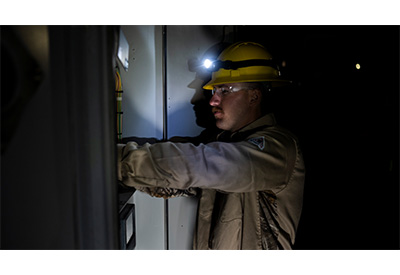
August 24, 2021
Whether the utility provides electricity, gas, water, or sewage treatment, management has a duty to protect employees by providing a safe work environment and Personal Protective Equipment (PPE) required for the job in the facility and in the field. However, despite various PPE options, many utilities fail to supply or specify important lighting tools – namely headlamps. Unfortunately, the lack of suitable headlamps can lead to serious, even deadly accidents, in hazardous locations.
As a tool, headlamps are essential when hands-free lighting is required in low-light areas for a wide range of tasks. This can include operating/maintaining machinery and assessing its condition, or servicing pipes, power lines, and other distribution channels. Headlamps are also necessary for safe, efficient personnel movement throughout the plant and offsite, particularly in confined or restricted spaces.
For utility employees working with overhead or underground power lines, gas lines, or treatment areas, having a headlamp that does not generate a spark is critical. This is particularly important whenever flammable gases, vapors, liquids, or off gassing is present.
However, despite meeting OSHA’s definition of PPE, “equipment worn to minimize exposure to hazards that cause serious workplace injuries and illnesses”, headlamps are often not included in budgets for PPE. As a result, utility workers may be left to purchase their own headlamps from industry supply or hardware stores. Unfortunately, if they overemphasize price and choose products that lack necessary options, the units may be unsafe to use for some tasks, settings, or conditions. This could open the utility to potential liability.
To protect personnel in any work environment and to defend against such liability, a growing number of safety officers are including or specifying headlamps in the budget, as PPE.
“It is safer for [utilities] to provide suitable headlamps upfront rather than leaving it up to employees to make their own purchases. However, department approval of only intrinsically safe product would handle the issue. Preventing even one serious injury, fire, or explosion would pay for any implementation,” says Scott Colarusso, General Manager and Co-Owner, All Hands Fire Equipment & Training, a Neptune City, NJ supplier of fire safety equipment to various industries that has equipped and trained thousands of firefighters nationwide.
When utilities supply intrinsically safe headlamps, which are specifically designed not to be a source of ignition in hazardous zones, this protects workers wherever they need to go in the plant and in the field from serious, even potentially lethal accidents. Essentially, everyone is covered, and the chance of mishap eliminated.
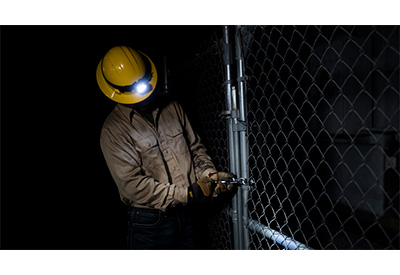
“Without safety certified headlamps appropriate for the application, [utilities] are exposed to potential liability if an incident occurs. By supplying workers with headlamps that are rated for any hazardous environment [that could be encountered in the plant, utilities] can prevent the problem,” says Colarusso.
Mandating Greater Safety
At utility worksites, headlamps enhance personnel safety and efficiency since wherever they look the lighting goes with them, leaving their hands free. With multiple beam modes, these devices are designed to be easily operable even when workers wear heavy gloves. Typically, the units are waterproof and chemically resistant, ready for use in rugged surroundings, which may include getting thrown into a truck toolbox or dropped. Still, the devices must provide ample light for a sufficient “burn time” to last an entire work shift without a change of batteries.
For electrical, gas, water, or sewage treatment utilities, however, typical headlamps can be a dangerous source of ignition if workers unwittingly enter a hazardous area or are exposed to flammable materials or conditions.
Safety considerations are particularly important considering OSHA’s recently issued standard for construction work in confined spaces (Subpart AA of 29 CFR 1926). The new standard recognizes that such spaces can present physical and atmospheric hazards that can be avoided if recognized and addressed prior to entry. It is designed to eliminate potentially deadly hazards by requiring employers to determine what kinds of spaces their workers are in; what hazards could be there; and how those hazards should be made safe (including the use of headlamps, flashlights, and other lighting equipment that carry the proper safety ratings).
Therefore, in production, service, or maintenance settings where the environment is inherently volatile, headlamps should carry the proper certification for various classes, divisions, and groups of materials. When a headlamp is rated for all these options, it essentially means it is certified as safe for use in most hazardous environments.
As one example in the industry, the intrinsically safe Vizz II headlamp by Princeton Tec, meets the requirements (Classes I, II, III; Divisions 1,2; and Groups A-G). Trenton, NJ based Princeton Tec is a producer of ETL and UL-approved lighting products and manufactures headlamps that meet strict global safety requirements.
“Whether for OSHA, Zone 0, or state standards, intrinsically safe products like the Vizz II headlamp help safety officials ensure that all the bases are covered. So, there is nothing from the lighting that could spark a potential fire or explosion in a work environment,” says John Navarro, a purchasing agent for Bayville, NJ-based CWR Wholesale Distribution, a supplier to various industries including automotive, consumer electronics, oil and gas, and marine. Previously, Navarro was a nationally registered paramedic and certified New Jersey state hazardous material technician.
Because headlamps can be dropped or bumped in the demanding settings serviced by utilities, it is also important that the equipment is designed to reliably withstand rough handling.
In response, some manufacturers like Princeton Tec now make headlamps with durable thermoplastic material designed to withstand drops and rough handling including being thrown into a truck bed. The units not only provide up to 10 hours of light without a battery change but also have superior resistance to common, potentially dangerous chemicals and solvents utilized by utilities.
The latest models also offer anti-static properties and safety features, such as a mechanical locking mechanism that requires a tool to open the battery compartment. This prevents users from inadvertently opening the battery housing in a hazardous environment, which could not only result in electric shock, but also potentially ignition or explosion.
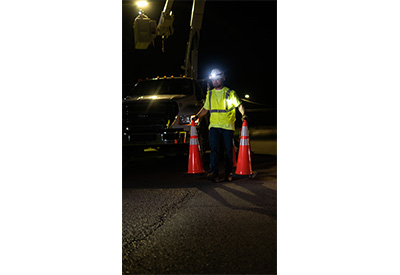
“Many of our corporate customers specify Princeton Tec headlamps and lighting products due to the reliability, longevity, price point, and made in U.S.A. production,” says Navarro. “When intrinsically safe equipment matters, it is essentially the gold standard.”
According to Navarro, among CWR Wholesale Distribution’s wide range of industrial customers, the motivation for budgeting and supplying intrinsically safe headlamps and lighting as PPE is to prevent potential liability.
“With an intrinsically safe headlamp, you are meeting the standard and enabling employees to work in the safest possible conditions with the most up-to-date equipment,” says Navarro. “Now the technology is at a better price point than it was five years ago. So, it is affordable for corporate safety budgets.”
Many of Navarro’s industrial customers are willing to spend a little more for higher rated, compliant, intrinsically safe headlamps.
“Our industrial customers want to know their plant personnel can safely use their intrinsically safe headlamps anywhere. Safety committees do not want to worry about where personnel may use the units, if it is safe to use under hazardous conditions,” concludes Navarro.
While utility production, service and maintenance carry some inherent risk, facilities seeking to improve safety can do so by providing workers with ultra-safe headlamps that ensure compliance.
So, as the need for safety only grows along with stricter utility regulation, facilities will increasingly make headlamps a mandatory part of any PPE budget or safety program to minimize operational risk and liability.
For more information, visit www.princetontec.com.

